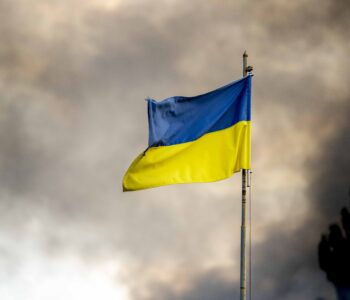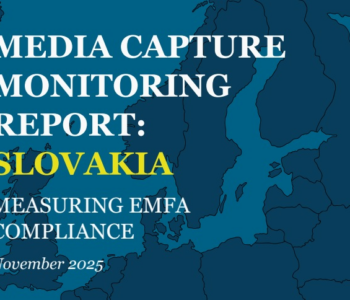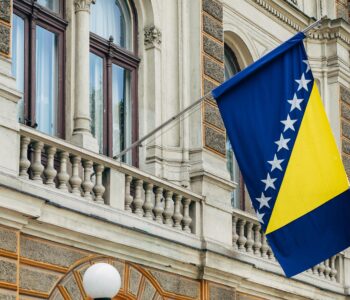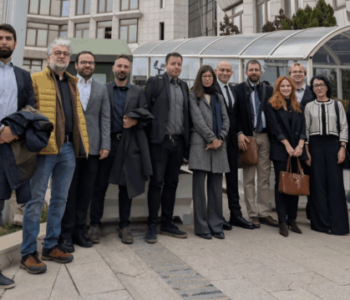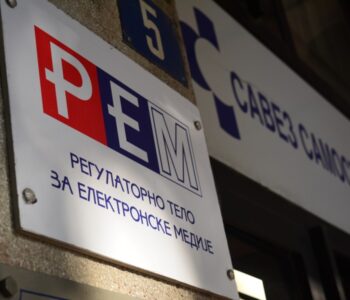Our organisations call on the European Board for Media Services (Media Board) – the independent EU advisory body established by the European Media Freedom Act (EMFA) – to initiate an advisory opinion on the takeover, which we hope will be an important test case for ensuring free and pluralistic media inside the bloc.
In early November 2025, it was announced that Indamedia, a pro-government media group, had reached a deal with Ringier, a Swiss media company, to purchase its portfolio of media titles in Hungary for an undisclosed sum. The purchase includes Blikk, the country’s most popular tabloid, which has three million monthly online readers as well as several regional newspapers.
The acquisition represents yet another example of the consolidation of media under government-aligned ownership. Indamedia is linked to the Prime Minister’s business circle through the influence and partial ownership of Miklós Vaszily. Vaszily owns 50% of Indamedia and is also president of TV2, a major pro-government television channel. His career includes leading roles at other Orbán-aligned outlets, including Origo, which was transformed into staunchly government-friendly media under his stewardship.
Indamedia already owns Index, a formerly independent online news website which was captured in 2020. If the same policies enforced at Index and Origo are now implemented at Blikk, a market leader, it would further shrink the space for citizens to access pluralistic media content. With the recent appointment of a new editor-in-chief aligned with the new owners, the threat of editorial adjustments appears high.
Crucially, this merger comes less than six months before the April 2026 election in which the ruling Fidesz party is facing its biggest challenge in a decade and tails in the polls. The acquisition therefore looks timed to tighten media control ahead of the vote and increase the ability of the government to reach voters.
The takeover, and its timing, must also be viewed against the backdrop of the Hungarian government’s long term media capture strategy, in which media titles owned by foreign owners retreating from the market have been bought up at opportune moments in strategic acquisitions led by business interests linked directly or indirectly with the government or the Prime Minister, after which new editors are brought in, the editorial line is recalibrated, and overt criticism and watchdog journalism is silenced, and to differing levels replaced with political propaganda. Examples include the sale in 2016 – also by Ringier – of the newspaper Népszabadság to Mediaworks, a company with close ties to the government who promptly closed the paper.
Over the past 15 years, the government has successfully orchestrated this strategy to the point where it is estimated the government holds sway or indirect control over 80% of the media market. This has been combined with capture of the public broadcaster, the installation of former Fidesz MPs to control the key media regulator, and the deliberate bloating of state advertising budgets to prop up media towing the government line. As a new report published this week outlines, the result is the most sophisticated system of media capture and control ever developed within the European Union.
The EU Commission’s flagship European Media Freedom Act (EMFA), which entered into full force in August 2025, was developed in part to address the systemic challenges to democratic systems posed by such state-led media capture. With this new regulatory framework in place, all key obligations under the EMFA are now mandatory for Member States. The Media Board, established specifically to advise the European Commission, now has a mandate, and a duty, to act.
Under EMFA, any media merger that could have a significant impact on media pluralism and editorial independence qualifies for assessment. Under the new rules, the Media Board can issue an opinion after being consulted by the relevant national regulator. In Hungary, the Media Council and the Hungarian Competition Authority (GVH) are tasked with assessing such mergers. However, there has been no indication so far that either body will do so. As the Hungarian government has challenged EMFA before the European Court of Justice seeking to have it nullified, any interaction with Hungarian regulators appears unlikely.
Even if it were to launch its own assessment, the Media Council is dominated by former Fidesz MPs and is the target of infringement proceedings by the Commission over its discriminatory decision to reject the license renewal of one of the country’s last critical radio broadcasters. It is therefore unlikely that any assessment conducted by the Media Council on this merger would be transparent, objective, proportionate and non-discriminatory – the criteria set out under EMFA for such assessments.
Instead, in the absence of an independent consultation by the national regulators, rules state that the Media Board may issue an opinion on its own initiative, or when requested by the European Commission. Given the clear impact the merger in Hungary will have, our organisations believe this represents an important first potential case for the Media Board. Rather than wait for the Commission’s appeal, the Board should swiftly launch its own assessment. This advisory opinion should address the wider landscape for media pluralism in Hungary, and examine the editorial practices imposed by Indamedia after previous acquisitions, as well as its connections to government.
When completed, the Media Board can then present its assessment to the Hungarian Media Council, which is, under EMFA rules, obliged to take its opinion “to the fullest extent possible”. If this opinion is disregarded, the regulator is obliged to submit its reasoning to the Board and the Commission explaining its position and why the opinion was not followed.
While any conclusions made by the Board assessment are non-binding, we believe this impact assessment can still play an important role in highlighting the undemocratic nature of the takeover at the European level. In addition, any actor seeking to challenge the merger under domestic law will be able to cite in the Board’s advisory opinion in court. Moving forward, assessments of the Media Board on Hungary must be combined with close monitoring of implementation of the EMFA in Hungary by the Commission, which should use all tools at its disposal to enforce the rules.
While our organisations recognise that the EMFA alone cannot and will not be a silver bullet for addressing systemic challenges in Hungary, its provisions must be utilised to the fullest extent to roll back entrenched media capture, to the benefit of a free and pluralistic media market, and more widely the country’s democracy. The EMFA’s new rules are now in place. No time should be wasted in using them.
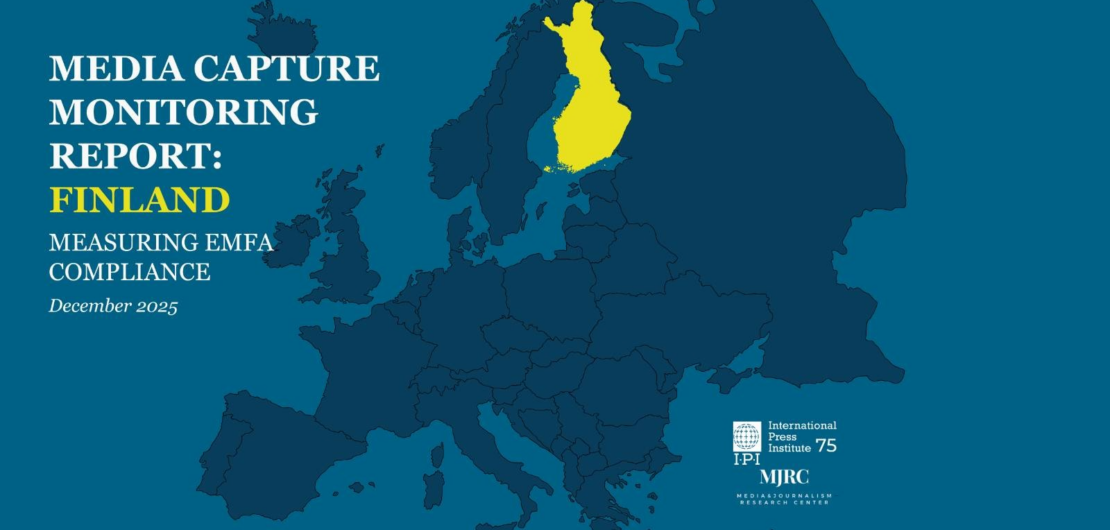 Library
Library


